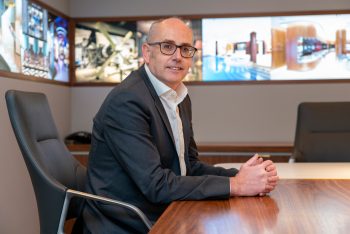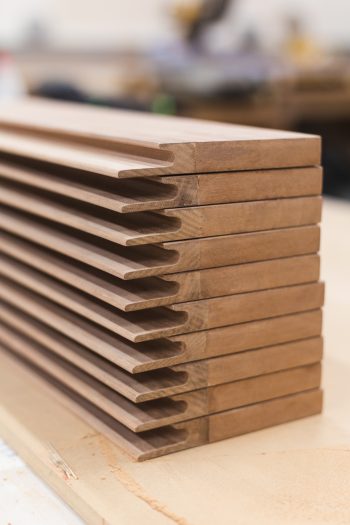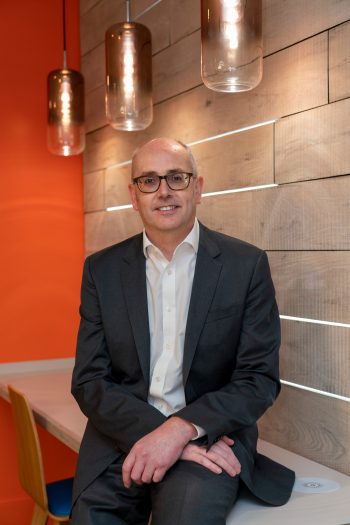What are the key issues facing businesses in the construction and fit out industries?
“The construction industry has been looking at waste reduction for decades. But now, it is about what do we do with the waste. It cannot continue indefinitely only going into landfill. We can see this in the effects of what has happened with plastic particles within our watercourses and ultimately the sea.
Sustainability has a massive range of subjects under one heading, but as an industry, for a start, we need to look at sustainable materials that can be used as an alternative to those we are used to. As an example, a consultant talked to me recently about using cardboard ductwork, rather than steel in one of their developments. It is innovative ideas like that which will revolutionise the industry. We need to be looking at more renewable and recyclable resources.
People are also looking at the reuse of materials coming out of demolition sites, such a structural steelwork. Companies are now presenting those materials for reuse, and it is something we are very interested in doing. But we need to be closely linked with our clients, architects and structural engineers to make this possible. It often starts before the main contractors come on board, so planning pre-applications need to include these ideas and look at things sustainably from the start.
An article I read recently explored the idea of redeveloping rather than demolishing buildings. We are being asked as an industry whether there are more instances where we can work with what we already have, rather than knocking down and building from scratch. However, there is a fine balance; if a building is extremely old or in a particularly poor state, it could still be more efficient and environmentally friendly to knock it down as so much work would be needed to bring it up to future proofed environmental standards. This is the construction industry’s ongoing dilemma.”
What are you most proud of the Forum achieving so far?
“Over the past year we have had some great results. We have significantly improved our recycling at head office, use waste carriers who ensure all waste from our sites is now recycled with nothing going to landfill, eliminated the use of over 15,000 plastic bottles across the business, provided all employees with reusable bottles and bags and reduced our energy consumption by installing LED lighting with motion sensors. We have also donated timber offcuts from our workshop to local colleges for use by their students in their coursework, reducing our waste whilst supporting the community.
The things we have achieved have made a real difference and it has galvanised the whole Forum. We have key targets for what we want to achieve moving forward.
I’m also proud that the work we’ve been doing has been noticed by our employees, clients, architects, designers, structural engineers, MEP engineers and supply chain alike. They want to know that the contractors they are working with, have the same mindset as themselves and our approach to this global problem has certainly created a topic for discussion.”






